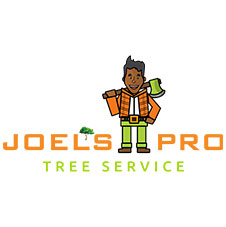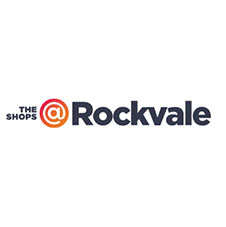Lead Generation
Want to work with a company that can drive leads via Google search? We rank Google Business Places locations and Organic websites to drive scalable campaigns. Lead generation campaigns are a great way to scale a campaign and pay for results. Put our experts to work and watch as the traffic and leads come streaming in.












